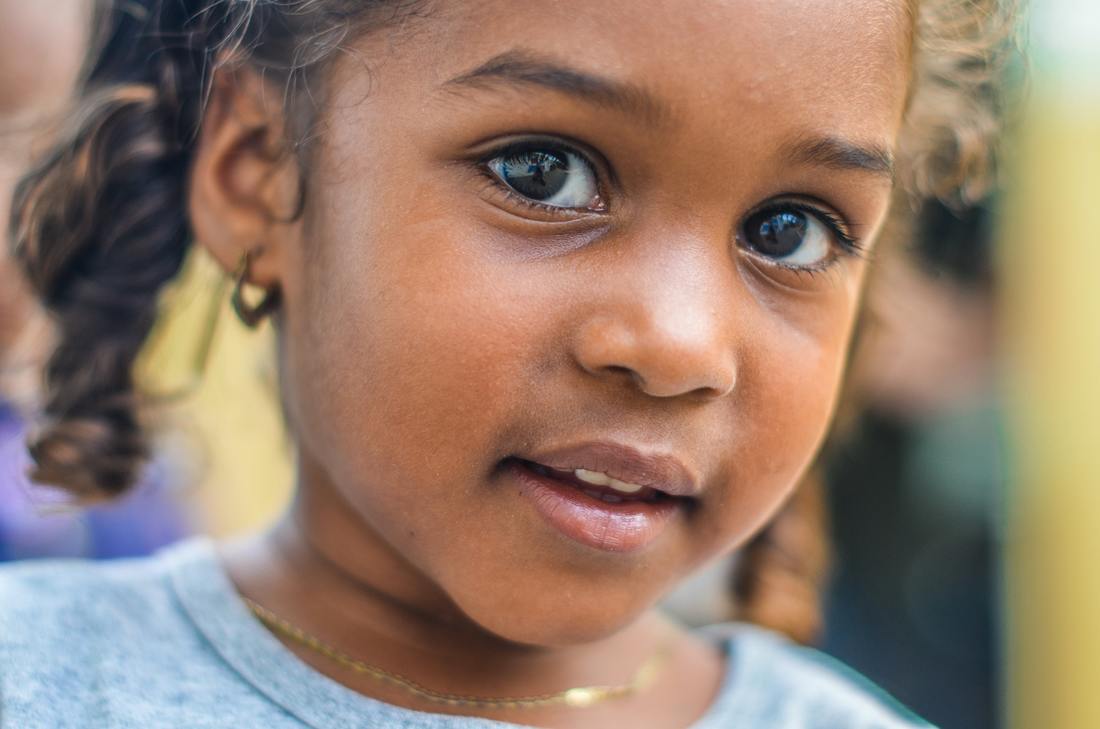Social Impact InsightsOur blog provides insights for social impact professionals in business and nonprofits. We offer advice on making the greatest impact in your organization by giving clear real-world advice on important topics of today.
|
 By Dina Buchbinder This article first appeared on the Twenty Thirty blog here. Children are the changemakers of tomorrow – if we encourage them to be their most innovative and creative self. Dina Buchbinder wants to give children an education that not only prepares them for their own future but also makes them agents of change for their communities and beyond. This is how everyone can get involved. Anyone can be an agent of change, and it is up to everyone to promote community development and active participation. With the 2030 Agenda for Sustainable Development including its 17 Sustainable Development Goals the United Nations provides a comprehensive framework for equality and development. Sustainable Development Goal #4 specifically seeks to promote equal access to quality education. We can all contribute to ensuring not only a quality education but also one that is meaningful for girls and boys around the world. At my organization, Education for Sharing, we view students, regardless of age, as able to, ready to and passionate about identifying and tackling problems in their own communities. We refer to our Education for Sharing students as changemakers, because we work with the students and entire school ecosystems to equip all students with the skills to improve their own communities through action. Here are three ways how you can unleash the power of play to form young agents of change in your community: 1. Understand your community. What problems are the children from your local community facing? To build a connection with children, it is imperative to understand the unique context framing their perspective. Talk to them and to other community members, visit community centers, and learn more about the daily problems they are facing and the solutions they come up with. Even if you have been a part of a community for most of your life, there is always something to learn, especially from children. Learning with your community will allow you to develop a sense of shared vision about what needs to change. Get started! 2. Walk your talk. Promoting civic values – such as teamwork, empathy, respect, tolerance, responsibility, fairplay, inclusion – is most effective through demonstration. Many community organizations welcome the assistance and support of community volunteers to work with children. Be it your local Boys and Girls Club, YMCA, or Big Brothers Big Sisters, every community has a need, and you can be the example children need to look up to (you will be surprised how much you will learn from them in return). 3. Get moving. Ninety-one percent of American children have poor diets and less than half get the recommended 60 minutes of daily physical activity (Better Policies for a Healthier America). Globally, 81% of adolescents aged 11-17 years were insufficiently physically active in 2010. Adolescent girls were less active than adolescent boys, with 84% vs. 78% not meeting WHO recommendations (World Health Organization). It seems as if technology has completely taken over, and children are spending increasingly less time outside. Physical activity and play allow us to know ourselves and our communities better. Being outside and engaging in physical activity invite us all to communicate better to encourage cooperation, and to engage more. It's also a tool for expression and action. As Nelson Mandela said, sport has the power to inspire and unite, to create hope. Encouraging girls and boys to discover the outdoors will enable them to see a world beyond the internet and unleash their potential to improve their own communities. Play outside with them! These are a handful of ideas to get involved in your community in an effort to promote the formation of young, active citizens. There are many different ways to make global change at a local level, and ultimately each one of us is in a position to affect that change. Change starts with you! How will you contribute today? On your mark, get set, go!
0 Comments
Leave a Reply. |
 RSS Feed
RSS Feed



